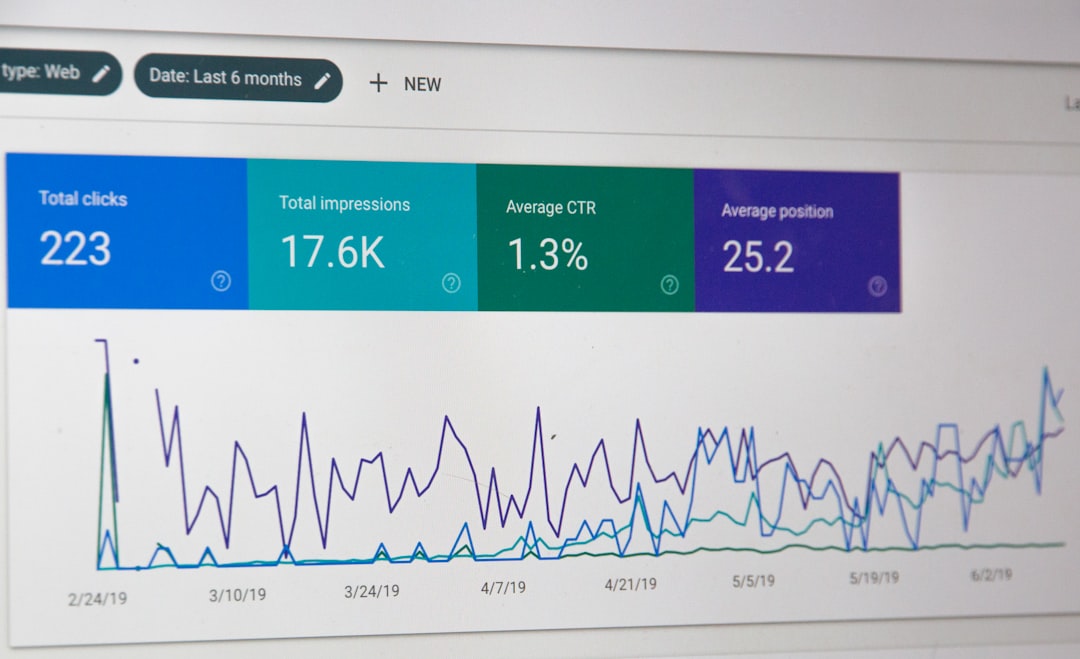What is it about?
Corruption is not just an individual decision, it might become embedded and normalized in organizations and societies, through rationalizations and intricate social relations.
Featured Image
Why is it important?
An over normative vision of corruption (assuming a sharp distinction between “good “ vs “bad behaviors) ) tends to miss the importance of a whole sets of interactions that in a particular society support dozens of practices and routines that might not by themselves be corrupt acts but that helps to sustain and reproduce corrupt structures.
Read the Original
This page is a summary of: Understanding the Trap of Systemic Corruption, Governance, August 2016, Wiley,
DOI: 10.1111/gove.12236.
You can read the full text:
Contributors
The following have contributed to this page










